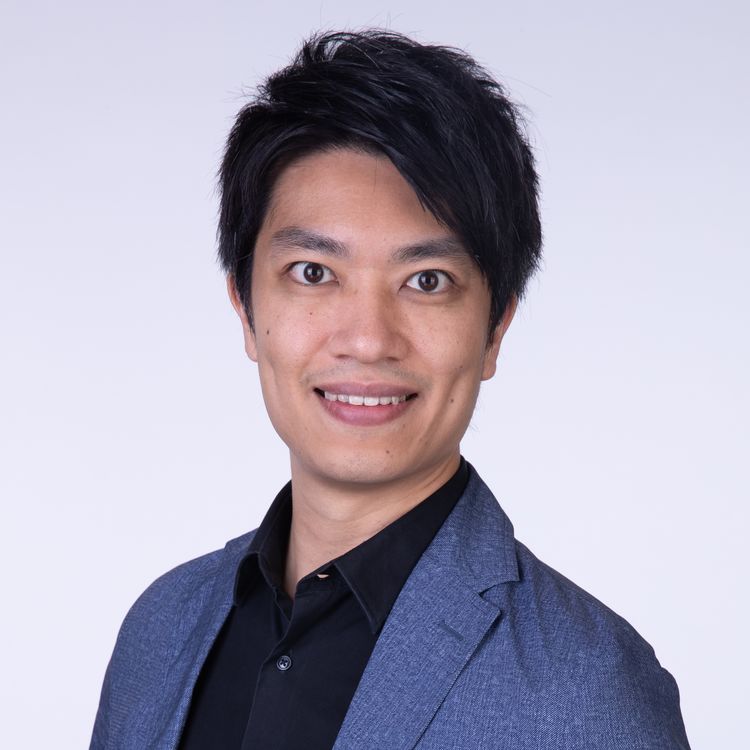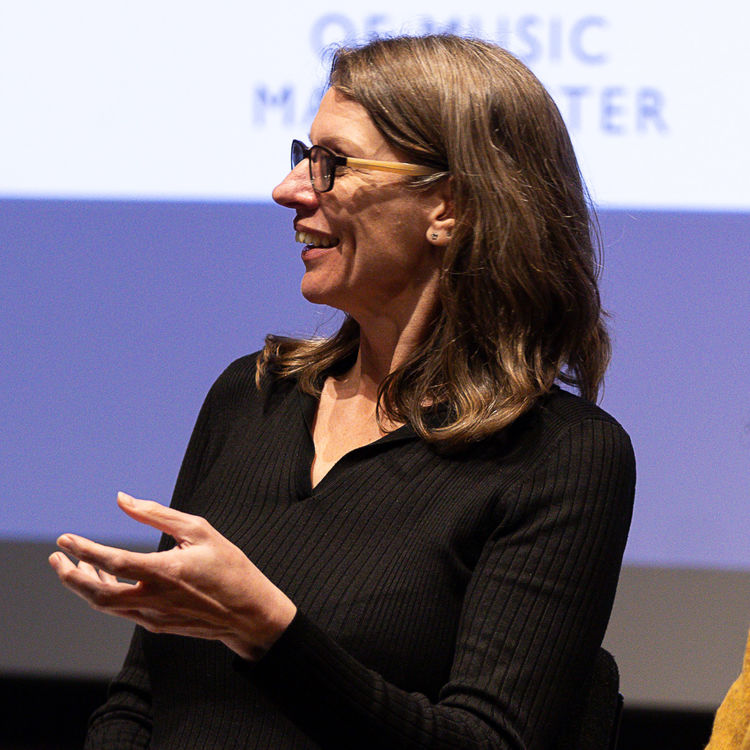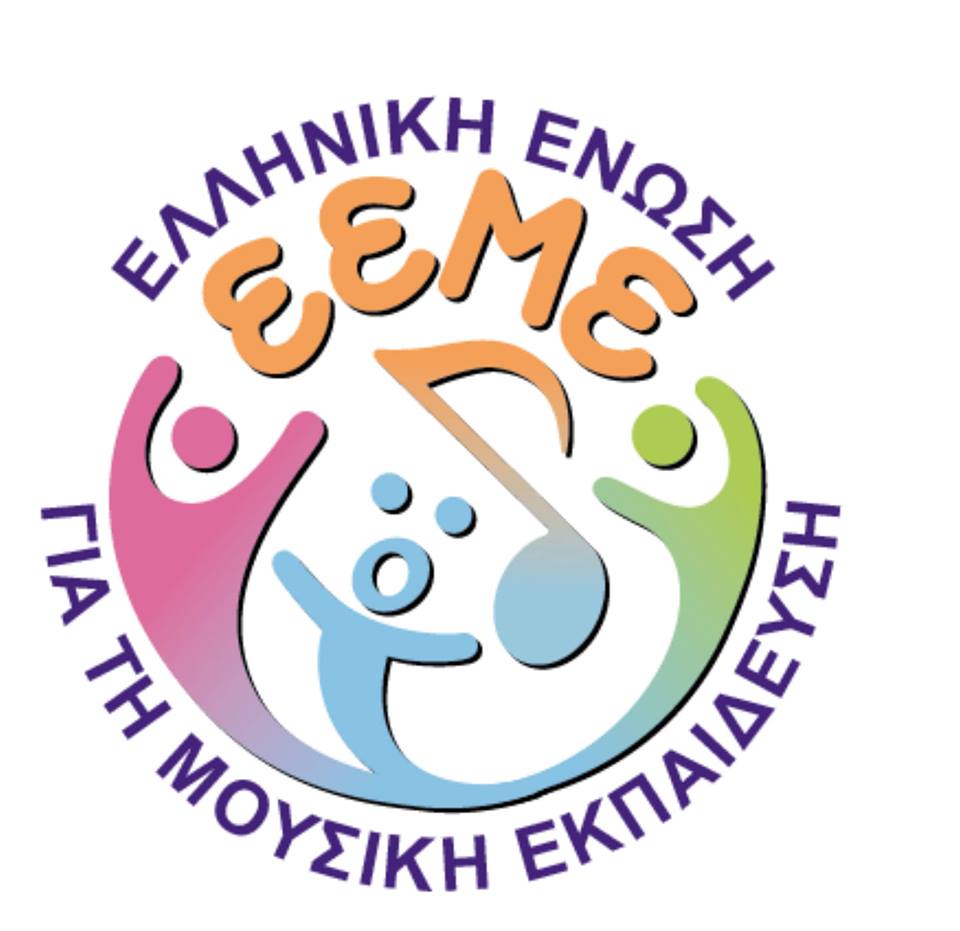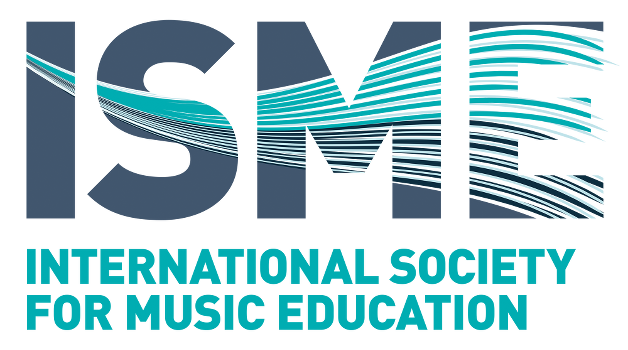The Sound of Tomorrow: How AI is Reshaping Music Education
Artificial Intelligence (AI) has revolutionized countless fields, and music education stands at the forefront of this transformation. This keynote explores the profound impact of AI on music education through three pivotal phases: thepast, rooted in traditional methods; thepresent, where AI is reshaping curricula and teaching practices; and thefuture, brimming with possibilities for innovation and accessibility.As a composer-educator, the speaker has long been fascinated by the interplay between music and education. What does it mean to teach music in an era where technology is redefining creativity? In the classical tradition, music was solely the product of human ingenuity, realized through physical instruments. The 20th century introduced electronic music, expanding the sonic palette and democratizing music creation. In the 21st century, AI is pushing boundaries even further, enabling entirely new forms of music generation and human-AI collaboration. The post-COVID era has accelerated this shift, highlighting the need for accessible, technology-driven music education that empowers learners of all backgrounds.Nevertheless, what is the ultimate goal of music education in the age of AI? As educators, we must reimagine our curricula to reflect the evolving landscape of music creation and performance. AI offers unparalleled opportunities to diversify teaching methods, personalize learning experiences, and integrate interdisciplinary approaches. Machine learning algorithms, for instance, can analyze student performance in real-time, providing tailored feedback that enhances traditional pedagogical methods. These advancements promise to make music education more inclusive, innovative, and responsive to the needs of future generations.This keynote will delve into the challenges and opportunities of integrating AI into music education, offering insights into how we can harness technology to inspire creativity, foster accessibility, and redefine what it means to teach and learn music in the digital age.
 Dr. Chi-hin Leung is a distinguished composer, educator, and inventor recognized with numerous accolades, including the Gold Medal and Top 20 Best Invention Award from the International Invention Innovation Competition in Canada, the Gold Award from Hong Kong Techathon+ 2024, the Silver Award (Asia) from QS Reimagine Education ("Oscars" of Education), and the President's Award for Outstanding Performance in Knowledge Transfer and Teaching. He is the President of the Hong Kong Association for Music Educators (HAME), Vice Chairman of the Hong Kong Composers' Guild (HKCG), a Board Member of the International Society for Music Education (ISME), and an Apple Distinguished Educator (ADE).
Dr. Chi-hin Leung is a distinguished composer, educator, and inventor recognized with numerous accolades, including the Gold Medal and Top 20 Best Invention Award from the International Invention Innovation Competition in Canada, the Gold Award from Hong Kong Techathon+ 2024, the Silver Award (Asia) from QS Reimagine Education ("Oscars" of Education), and the President's Award for Outstanding Performance in Knowledge Transfer and Teaching. He is the President of the Hong Kong Association for Music Educators (HAME), Vice Chairman of the Hong Kong Composers' Guild (HKCG), a Board Member of the International Society for Music Education (ISME), and an Apple Distinguished Educator (ADE).
From Ear to Body: έ ήί
έ ό ό -ό ό - ί ή ί,ί ή ά
έ ή ί "From Ear to Body" ί ό έ ή ί ώ ύ ί ή ή ί ώ, ώ, ώ, ώ, ώ ό ί, , έ, ώ ί ά. έ ί, έ, ή έ ό ή ά ή ύ έ έ, έ ή/ έ ά. ή ό ύ ό έ ό έ έ ί, ά ί ύ ή ώ, ή ά ή, έ ώ ί ί ά ά, έ ά έ ή ή, ύ ώ (ί ί), ά έ ή ύ, ώ ή ί (percussive choreography). ά ό ά ί ό ή ό ί ύ έ (ά ά) ά έ ό ή ή ά ά ώ. ή έ ό ή έ ώ έ ή ί ί ύ ή ί ό.
 ή ά ύ ύ ή ύ (MMus PhD ά) Nigel Osborne, ή ί ή ή ... έ ί ί έ ύ ύ ά, ό ά ώ ύ ή ό, ό ί ή ί ί.ό 2017 ί ή ή ά ή ή ή, ύ ώ ί, ά έ. ά ό ή Composer in Residence ά ώ.Έ ά ύ, ear training έ ή ά ά ή ά ί, έ ή ά ή ά έό From Ear to Body (έ ή ί). ί ώ ή ώ ύ έ έ ή ώ ώ ί ί.
ή ά ύ ύ ή ύ (MMus PhD ά) Nigel Osborne, ή ί ή ή ... έ ί ί έ ύ ύ ά, ό ά ώ ύ ή ό, ό ί ή ί ί.ό 2017 ί ή ή ά ή ή ή, ύ ώ ί, ά έ. ά ό ή Composer in Residence ά ώ.Έ ά ύ, ear training έ ή ά ά ή ά ί, έ ή ά ή ά έό From Ear to Body (έ ή ί). ί ώ ή ώ ύ έ έ ή ώ ώ ί ί.
Enacting change through inclusive pedagogy
Just like every child, young person and adult we teach, every teacher, educator, facilitator, music leader, coach etc. brings with them a variety of musical experiences. These musical experiences are all valid music making activities, yet notions of musical excellence distort perceptions of musical ability. Curricula and educational structures perpetuate these distortions, and there is a danger that they disempower teachers and practitioners who wish to work inclusively rather than provide a positive framework for teachers to work within.Drawing on a rich experience of teaching and facilitating music in many educational and community settings, coupled with over 20 years of researching the relationship between pedagogy and inclusion, Professor Jennie Henley explores inclusive pedagogy and how educators can enact change through the way that they work.Exploring her own story of growth, Henley takes three principles of inclusive pedagogical practice, analyses them using Cultural Historical Activity Theory (CHAT), and demonstrates how reconceptualising the notions of quality, difference, expertise, growth, talent and vulnerability is fundamental to inclusive pedagogy.Ultimately, by embracing an inclusive pedagogical approach, we can move away from deficit approaches to teaching and understand how we, as educators, are the agents of change.
 Professor Jennie Henley is Director of Programmes and Professor in Music Education at the Royal Northern College of Music, UK. As Executive Director responsible for all undergraduate and postgraduate taught degrees, as well as junior music programmes, she provides strategic leadership for learning and teaching, including access and participation. Jennie has taught and led music in various contexts for over 25 years. She has worked with children, young people and adults and has a rich tapestry of practice crossing music education and community music. Working in a variety of complex and challenging environments, the central focus of her research is the relationship between pedagogy and inclusion.
Professor Jennie Henley is Director of Programmes and Professor in Music Education at the Royal Northern College of Music, UK. As Executive Director responsible for all undergraduate and postgraduate taught degrees, as well as junior music programmes, she provides strategic leadership for learning and teaching, including access and participation. Jennie has taught and led music in various contexts for over 25 years. She has worked with children, young people and adults and has a rich tapestry of practice crossing music education and community music. Working in a variety of complex and challenging environments, the central focus of her research is the relationship between pedagogy and inclusion.
έ/έ ά:https://apps.eeme.gr/-ί:Αυτή η διεύθυνση ηλεκτρονικού ταχυδρομείου προστατεύεται από τους αυτοματισμούς αποστολέων ανεπιθύμητων μηνυμάτων. Χρειάζεται να ενεργοποιήσετε τη JavaScript για να μπορέσετε να τη δείτε.


 10 έ ....
10 έ ....
